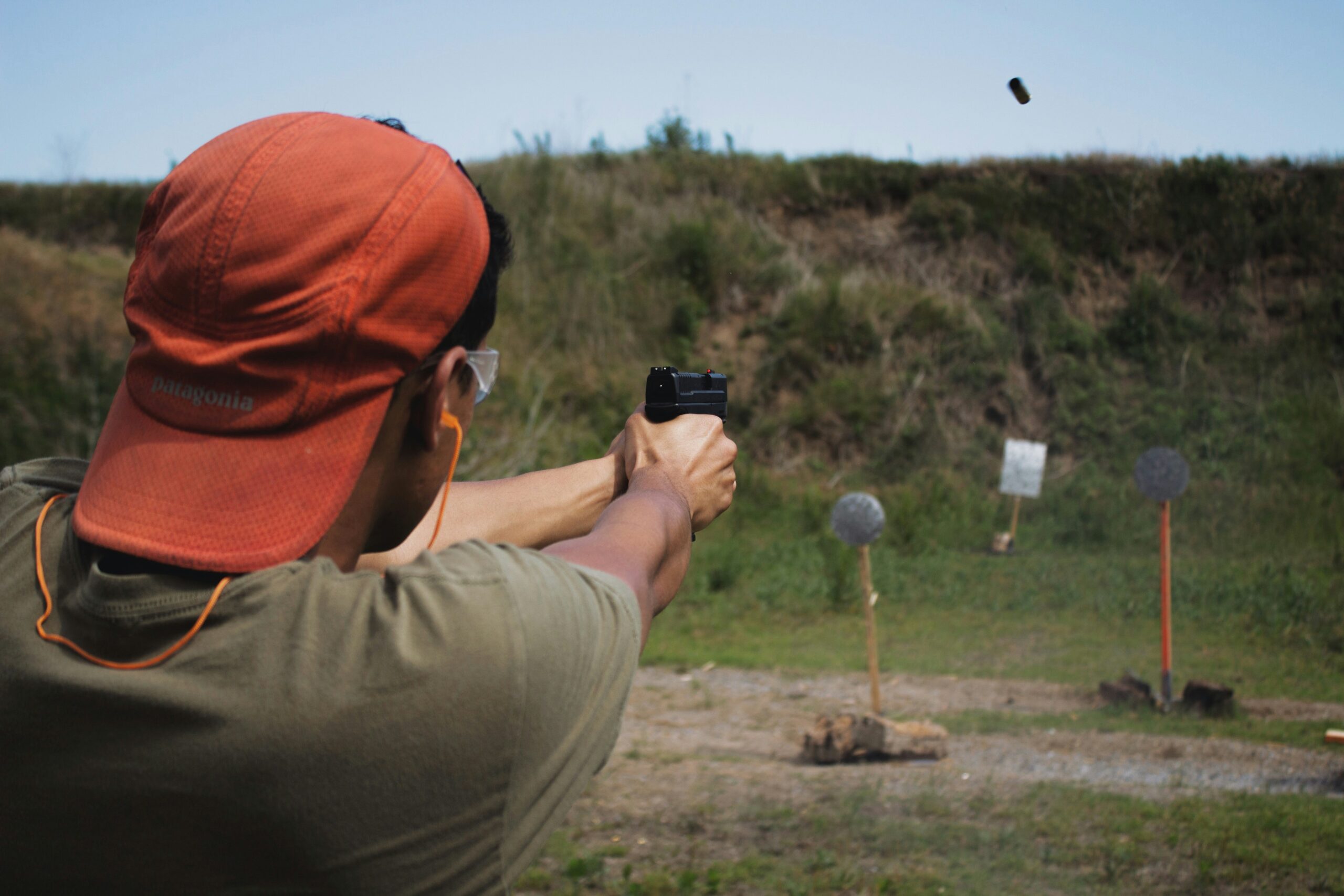
Selecting the correct ammunition is critical for success in any shooting discipline. Whether you are hunting game, protecting yourself, or competing in a precision shooting match, the ammunition you choose affects your performance, safety, and outcomes. Different applications demand different bullet types, calibers, and performance characteristics. By understanding the unique needs of hunting, self-defense, and competitive shooting, you can make informed decisions and maximize your effectiveness.
Ammunition for Hunting: Precision and Stopping Power
When hunting, you need ammunition with reliable accuracy and sufficient stopping power to take down your target ethically. Hunters typically prioritize bullets that provide controlled expansion to ensure a quick and humane kill while minimizing meat damage. Expanding bullets like soft points or ballistic tip designs work well for larger games by penetrating deeply and then expanding on impact.
Additionally, hunters must consider the caliber suitable for their intended game. For example, a .30-06 Springfield is a versatile option for medium to large game, delivering excellent energy and range. On the other hand, smaller calibers such as .223 Remington are more appropriate for small game and varmints. Because hunting often involves variable distances and environmental factors, ammunition consistency and reliability under field conditions are essential.
Moreover, hunters often select premium factory-loaded ammunition from reputable manufacturers to ensure quality and performance. Such ammunition is typically tested rigorously and engineered for consistent velocity and trajectory. This consistency aids in making precise shots and increases confidence in the field. Finally, using ammunition designed specifically for hunting helps comply with regulations in many states that restrict certain bullet types to protect wildlife and habitats.
Ammunition for Self-Defense: Reliability and Controlled Expansion
In self-defense, ammunition must perform reliably under stress and provide effective stopping power without over-penetration. Bullets designed for personal protection focus on rapid expansion to transfer energy quickly to the target, thereby efficiently incapacitating the threat. Hollow-point bullets are the most common choice because they expand upon impact, creating larger wound channels while reducing the risk of penetrating walls or bystanders.
Furthermore, self-defense ammunition undergoes rigorous testing to meet standards for feeding reliability in firearms, consistent expansion, and penetration depth. Many manufacturers offer specialized defensive loads that comply with FBI protocols for optimal terminal ballistics. Choosing ammunition with proven track records can increase your confidence in life-or-death situations.
In addition, caliber choice is a vital consideration for self-defense. Popular calibers like 9mm, .40 S&W, and .45 ACP offer a balance of manageable recoil and adequate stopping power. Newer calibers such as 10mm Auto and .357 SIG provide increased energy but may require more training due to more substantial recoil. Selecting ammunition and calibers matching your firearm’s capabilities and shooting proficiency ensures safer and more accurate defensive use.
Ammunition for Competitive Shooting: Accuracy and Consistency
Competitive shooting demands ammunition that offers exceptional precision, minimal recoil, and consistent velocity. Shooters depend on tight groupings and predictable trajectories to score well and outperform rivals. Match-grade ammunition is designed for this purpose, often using carefully selected components and strict quality control during manufacturing.
Moreover, shooters often reload their ammunition to tailor loads exactly to their firearm and competition type. Reloading allows customization of powder charges, bullet seating depth, and primer types, which can enhance accuracy and reduce recoil. However, it requires knowledge, patience, and attention to safety protocols.
In addition, the choice of caliber depends on the shooting discipline. For instance, the .22 LR is popular in rimfire target competitions due to its low recoil and affordable cost. Meanwhile, centerfire calibers such as 9mm, .38 Super, and .223 Remington are standard in practical shooting and long-range competitions because they balance power and precision. Consistent powder burn and bullet weight uniformity in match-grade ammo help shooters maintain focus and confidence throughout events.
Factors to Consider When Choosing Ammunition
Beyond the specific uses, several general factors influence ammunition choice. Bullet construction, caliber, velocity, recoil, and cost all determine the best ammunition for your needs. For example, bullets made from copper alloys or bonded cores often provide better weight retention and penetration, which is essential for hunting and self-defense.
Velocity affects both trajectory and terminal performance. Higher velocity rounds tend to have flatter trajectories, simplifying aiming at varying distances. However, excessive velocity can increase recoil and barrel wear, impacting shooter comfort and firearm longevity. Balancing velocity with recoil management is particularly important for new or recoil-sensitive shooters.
Additionally, cost considerations matter for frequent shooters or those on a budget. While premium ammunition generally offers better performance and reliability, training with more affordable ammo can help improve skills without excessive expense. For this reason, many shooters maintain separate stocks of training and match or defensive ammunition.
Safety and Legal Considerations
Always remember that choosing ammunition involves safety and legal compliance. Certain jurisdictions regulate the types of ammo allowed for hunting or self-defense. For instance, some states prohibit lead-core bullets in hunting due to environmental concerns, requiring the use of non-toxic alternatives.
Additionally, some venues and competitions have strict rules regarding ammunition specifications. Using unauthorized ammo can lead to disqualification or penalties. Therefore, always verify regulations before purchasing or using ammunition.
Furthermore, proper ammunition storage and handling are essential to prevent accidents. Ammo should be stored in cool, dry places and kept out of the reach of unauthorized persons, especially children. Understanding and following these safety practices protects you and those around you.
Final Thoughts on Selecting Ammunition
Choosing the best ammunition requires understanding your purpose, firearm compatibility, and personal preferences. Whether hunting, defending yourself, or competing, selecting ammunition designed for the task improves your chances of success and safety. Pay attention to bullet construction, caliber, velocity, and manufacturer reputation to ensure performance.
Moreover, continuous practice with your chosen ammunition builds familiarity and confidence. Experimenting with different brands and loads within your category can help identify what works best for your firearm and shooting style. Ultimately, making informed ammunition choices enhances your shooting experience and effectiveness across all disciplines.